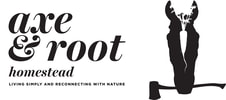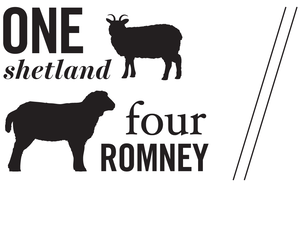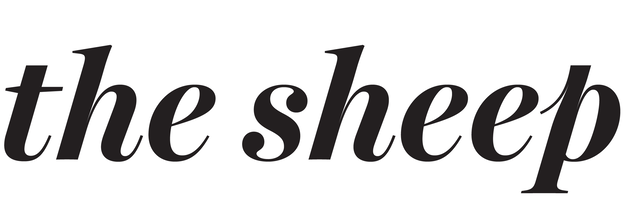While sheep are cute and certainly cuddly, these wooly friends offer major benefits to our permaculture homestead. Many folks don't realize that horses and sheep (or goats) do not share the same parasites. Parasites tend to be species-specific, therefore, our sheep help to keep our horses healthy. When rotationally grazing, the sheep naturally ingest shed parasites from the horses. Because the sheep is not the required host, the parasite lifecycle is disrupted. The ducks and geese (and guinea fowl) follow the sheep in our rotation schedule. By the time all of the animals have grazed, the pasture has rested, and the horses are re-introduced, the pasture is a sanitary plot for the horses to graze once again.
In addition to removing our routine horse deworming schedule, the sheep eat forage not favored by the horses. This helps to ensure all pasture vegetation is grazed evenly. Angela specifically chose Shetland and Romney breeds for their natural ability to do well on pasture forage without lots of added grain. They also return their own nutrient panel to the soil by way of their droppings. Lastly, their wool is sent to a fiber mill each year at shearing time for yarn.
Answers to commonly asked questions coming soon.
In addition to removing our routine horse deworming schedule, the sheep eat forage not favored by the horses. This helps to ensure all pasture vegetation is grazed evenly. Angela specifically chose Shetland and Romney breeds for their natural ability to do well on pasture forage without lots of added grain. They also return their own nutrient panel to the soil by way of their droppings. Lastly, their wool is sent to a fiber mill each year at shearing time for yarn.
Answers to commonly asked questions coming soon.


